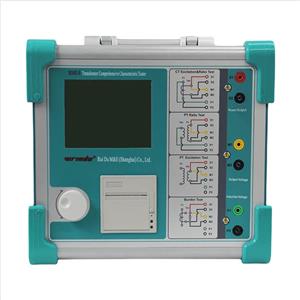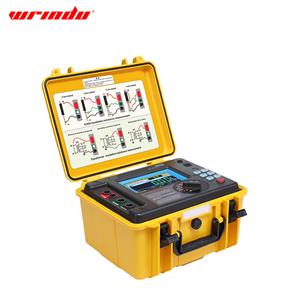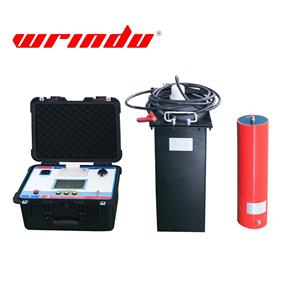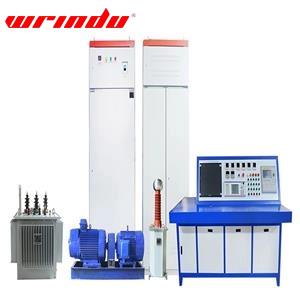Technology Class
-
1208-2025
Do you truly understand insulation resistance testing?
In this article, you can learn about the insulation resistance test process, how an insulation resistance tester works, and how to choose the right Megger Testing Equipment.
-
0708-2025
Other Necessary Tests about Transformer
The article will focus on other necessary tests about transformer, such as AC withstand Voltage Test, Insulation dielectric performance test, Winding DC resistance measurement, CVT and so on.
-
0608-2025
Necessary Tests about Transformer
This article will describe the necessary tests for transformers, focusing on insulation resistance measurement, dielectric loss factor and capacitance measurement, and partial discharge testing.
-
0608-2025
You may ask about Equipment Grounding
This article mainly introduces the relevant regulations for equipment grounding, grounding system and grounding impedance measurement.
-
0508-2025
Why we measure Tan Delta?
This article will focuses on some relative questions about Tan Delta Testing. It aims to help you know more deeply about TD Test.
-
0108-2025
Knowledge about Power Cable
Learn about power cable types, testing methods, and regulations to ensure safety and reliability in electrical systems. Contact us for expert technical support.
-
2907-2025
What do you know about VLF testing, TD testing and PD testing?
This article will focus on the correlation and differences between VLF testing, TD testing and PD testing, and at the same time, you can find out which testing method is more suitable for your needs.
-
2507-2025
How to find a short in wiring?
This article focuses common methods electricians use to troubleshoot short circuits, including using continuity or impedance instruments to detect shorts, testing with the load and power disconnected, and isolating the circuit section by section to isolate the fault.
-
2307-2025
How to test coax cable?
This article will help you to learn how to test a coax cable with a coax cable line tester, multimeter, or cable analyzer. Discover effective methods for checking continuity, shorts, and cable quality to ensure optimal performance.
-
2307-2025
What do you know about battery discharge machine
This artiucle will focus on frequently asked questions about battery discharge machine.




